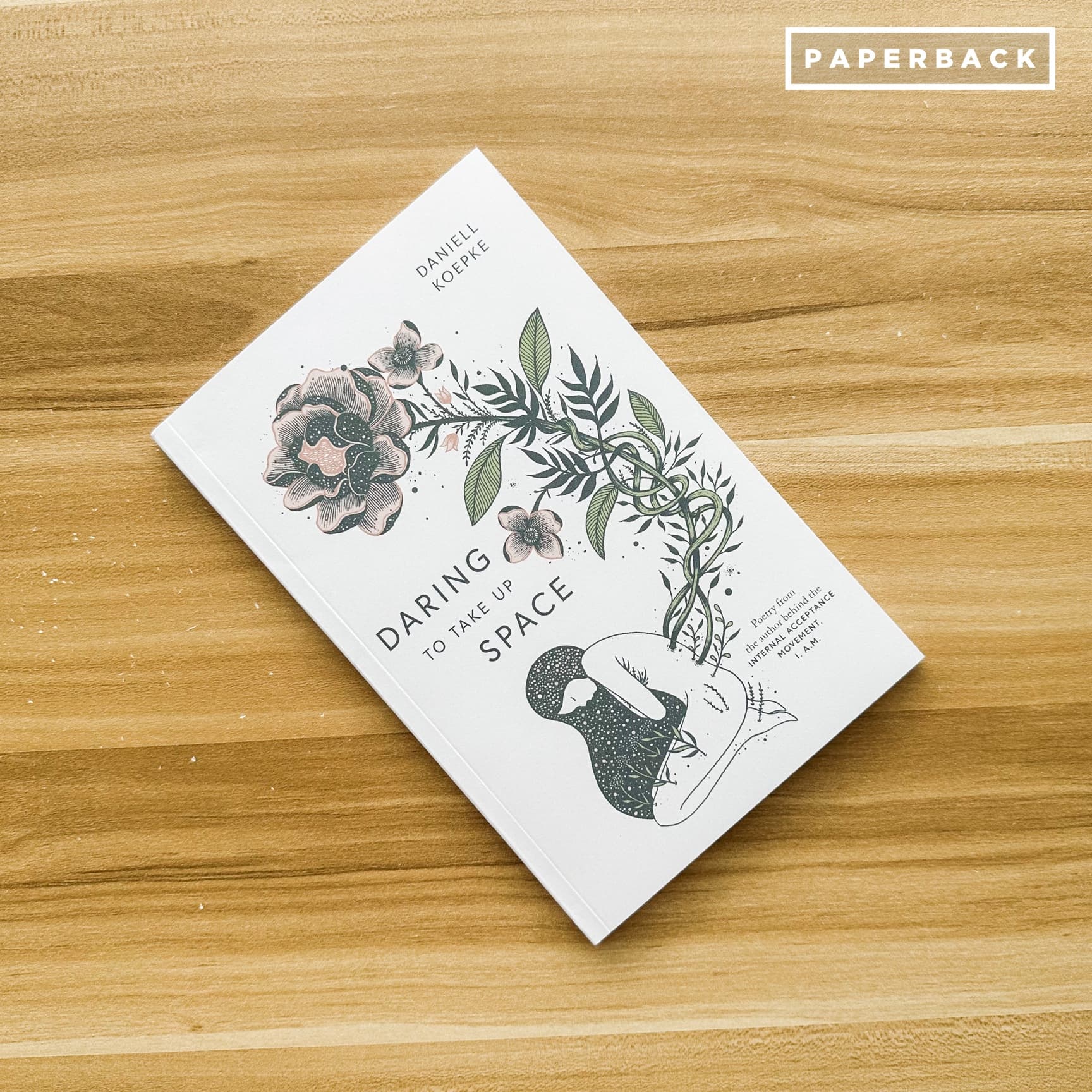Journaling is one of those habits that feels deeply rewarding when you stick to it.
Whether it’s a creative outlet, a mental health tool, or a productivity booster, journaling helps you reflect, organize, and grow. But like any good habit, consistency is the tricky part. How do you keep showing up for your journal day after day, especially when life gets busy or motivation runs low?
The key lies in finding the right approach, structure, and mindset that works for you. Let’s dive into some practical and easy-to-follow tips to help you maintain a consistent journaling habit.
1. Start Small and Simple
The biggest mistake people make is trying to do too much too soon. You don’t have to write pages and pages every day to call yourself a “journaler.” Start with just a few sentences—maybe one highlight of your day, something you’re grateful for, or a quick thought that’s been on your mind.
Why it works: Starting small lowers the barrier to entry. A short, simple journaling session feels doable, even on busy days.
Pro tip: Use prompts to guide your writing, especially if staring at a blank page feels daunting. Prompts like "What made me smile today?" or "What’s one thing I want to improve tomorrow?" can get the ball rolling.
2. Set a Regular Time
Consistency thrives on routine. Choose a time of day that feels natural for you. Maybe you’re a morning person who loves reflecting on intentions with your coffee, or perhaps winding down with evening journaling feels like a great way to decompress.
Why it works: A designated time turns journaling into a ritual, not a chore. It becomes part of your rhythm, like brushing your teeth.
Pro tip: Pair journaling with an existing habit. For example, journal right after brushing your teeth at night or after your morning workout.
3. Create a Dedicated Space
Your environment plays a massive role in building habits. Having a cozy, inviting spot where you journal can make the process something you look forward to. Whether it’s a corner of your desk, your favorite armchair, or a sunny spot by the window, make it special.
Why it works: A specific space triggers your brain to associate that place with journaling, making it easier to get into the zone.
Pro tip: Keep your journal and pen there, so it’s always within reach when you’re ready to write.

(Photo from the wires)
4. Use the Right Tools
Let’s face it: the tools you use can make journaling feel more enjoyable. Whether it’s a leather-bound notebook, a colorful set of pens, or a sleek digital journaling app, find what feels good for you. Some people love the tactile experience of pen and paper, while others prefer the convenience of typing.
Why it works: The right tools make journaling feel personal and exciting, encouraging you to stick with it.
Pro tip: Experiment with different formats—bullet journals, gratitude journals, or even guided ones—until you find your groove.
5. Keep It Flexible
Life isn’t perfect, and neither will your journaling habit be. Permit yourself to miss a day or two without guilt. Consistency doesn’t mean perfection—it means returning to the practice even after a break.
Why it works: Flexibility removes the pressure and allows journaling to remain a source of joy, not stress.
Pro tip: If you miss a day, jot down a quick summary of what happened or how you felt. It’s a great way to catch up without feeling overwhelmed.
6. Focus on the Benefits
Think about why you started journaling in the first place. Is it to reduce stress, gain clarity, or track progress toward a goal? Regularly remind yourself of these benefits to stay motivated.
Why it works: Keeping your “why” in mind gives your journaling habit purpose and meaning, making it easier to stay committed.
Pro tip: Reflect on how you feel after journaling. If it leaves you calmer, more focused, or lighter, let that be your motivation to continue.
7. Use Prompts and Themes
Sometimes, deciding what to write can be the hardest part. That’s where prompts and themes come in. For example, you could dedicate Mondays to setting weekly goals, Wednesdays to gratitude, and Fridays to reflections on your week.
Why it works: Structured themes keep things fresh and help you avoid writer’s block.
Pro tip: Search online for journaling prompts or create a list of questions you’d like to explore over time.
8. Experiment with Different Styles
Journaling isn’t one-size-fits-all. Try out different approaches to see what resonates. You could:
-
Write a daily diary entry.
-
List three things you’re grateful for.
-
Create mind maps for brainstorming.
-
Sketch or doodle your thoughts.
-
Use your journal for goal tracking.
Why it works: Variety keeps the habit interesting and ensures it aligns with your personality and needs.
Pro tip: If one style feels stale, don’t hesitate to switch it up. The freedom to adapt is part of what makes journaling fun.
9. Leverage Technology
If you’re always on the go, consider using digital tools like journaling apps or voice memos. Apps like Day One or Notion can help you journal anytime, anywhere.
Why it works: Digital journaling ensures you can capture your thoughts even when you’re away from your notebook.
Pro tip: Set reminders on your phone to nudge you toward journaling at your preferred time.
10. Celebrate Your Progress
It’s easy to focus on the days you missed, but take a moment to acknowledge how far you’ve come. Flipping through past entries can be a powerful reminder of your growth and a source of encouragement.
Why it works: Celebrating progress keeps you motivated and reinforces the positive impact of journaling.
Pro tip: Highlight favorite entries or insights to revisit later—it’s like creating a treasure chest of inspiration.
11. Make It Personal
Finally, remember that your journal is yours. There are no rules about what or how you should write. Some days you might pour your heart out; other days, you might jot down a to-do list. Both are valid.
Why it works: When journaling feels authentic and personal, it’s easier to make it a long-term habit.
Pro tip: Write as if you’re talking to a trusted friend. It helps make the process more conversational and less intimidating.
Final Thoughts
Building a consistent journaling habit doesn’t have to be a daunting task. By starting small, creating a routine, and making the process enjoyable, you’ll find it easier to stick with over time. Remember, it’s not about perfection—it’s about showing up, reflecting, and giving yourself the space to grow.
So grab your favorite pen, pick a cozy spot, and start writing. Your future self will thank you.
Also read:
- How to Use a Journal to Reflect on 2024 and Grow in 2025
-
How to Beat Procrastination in 1 Week This 2025






















